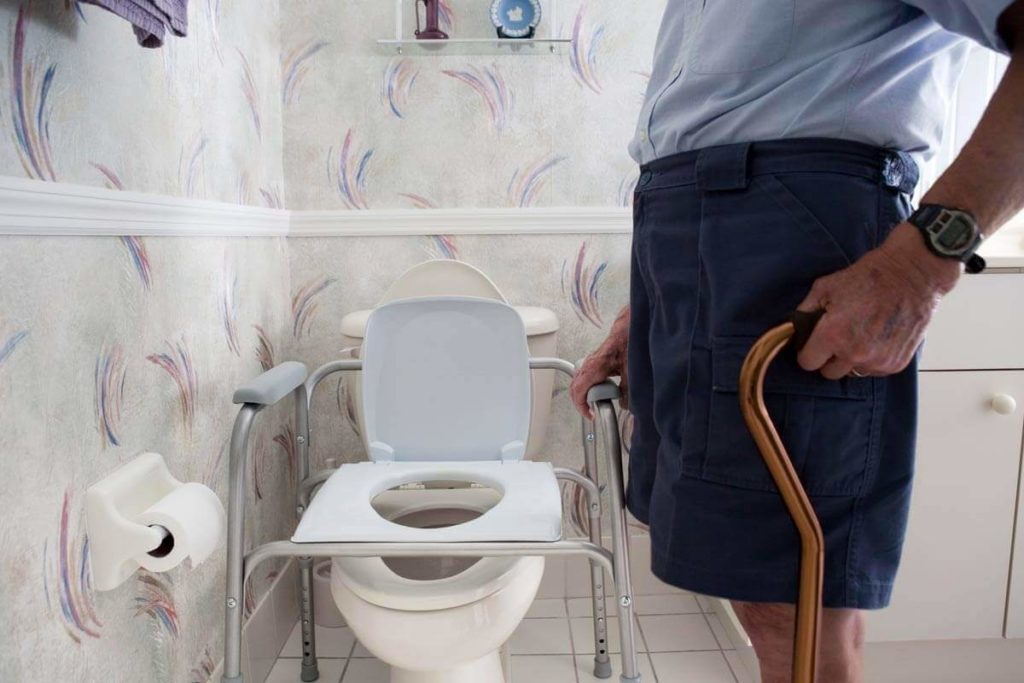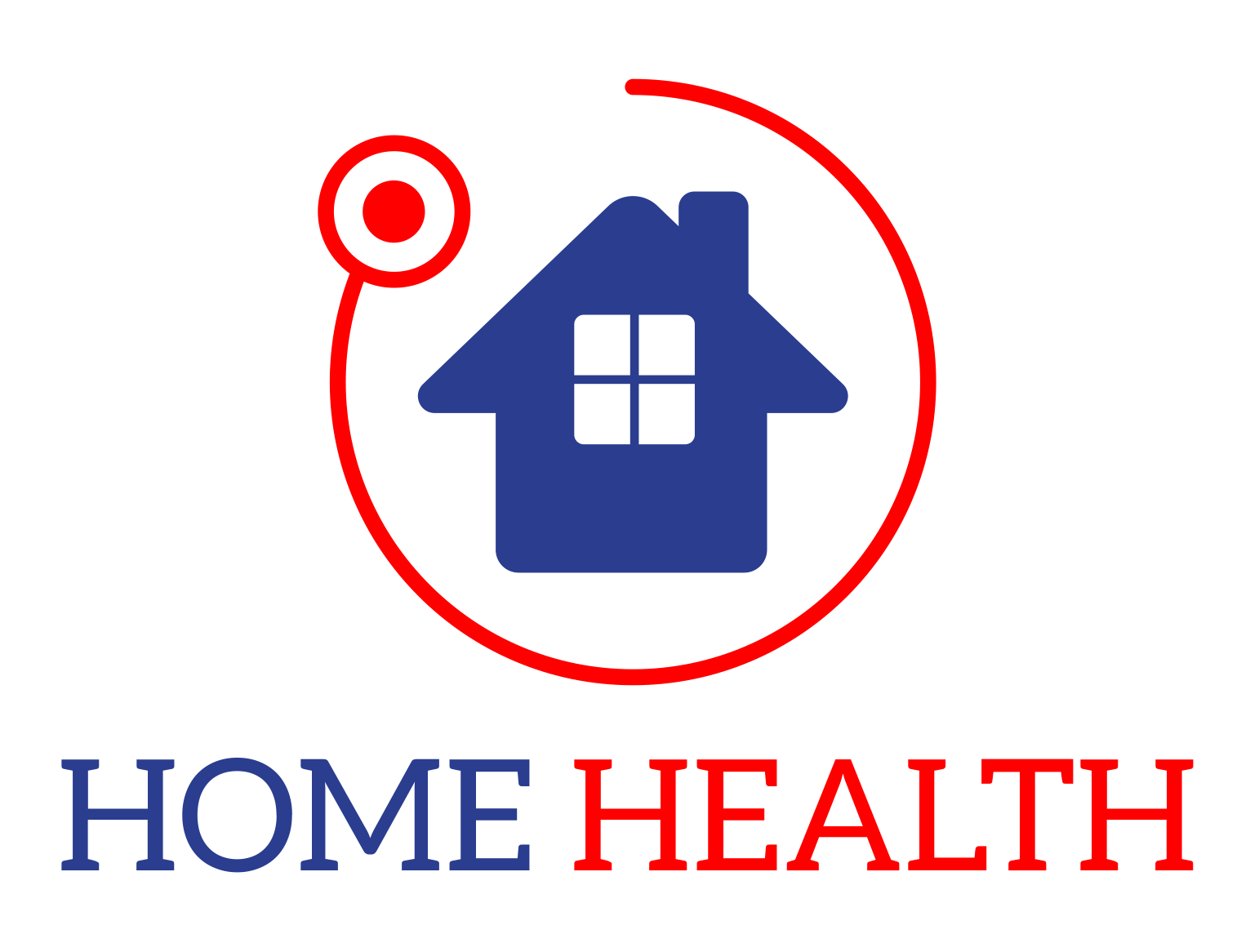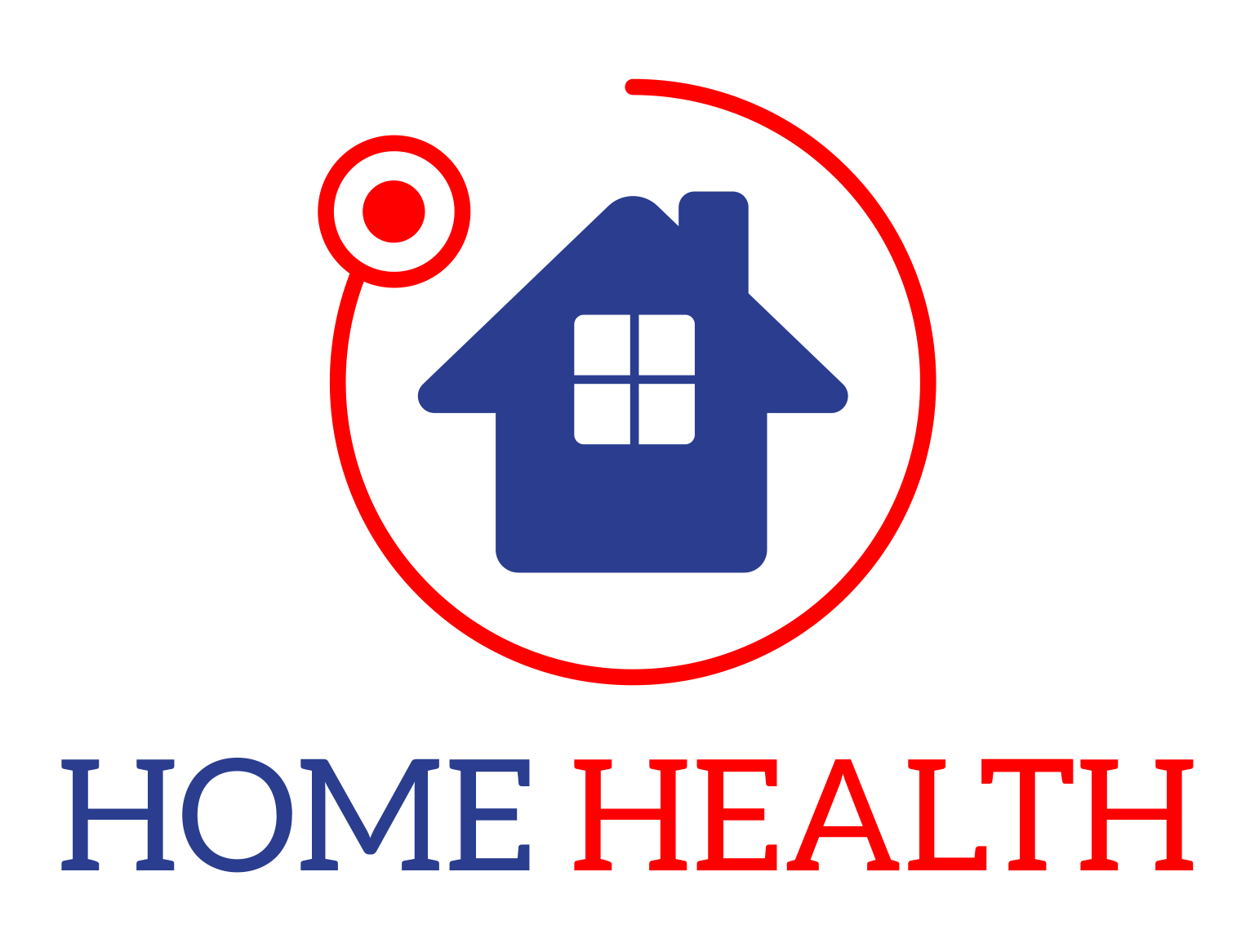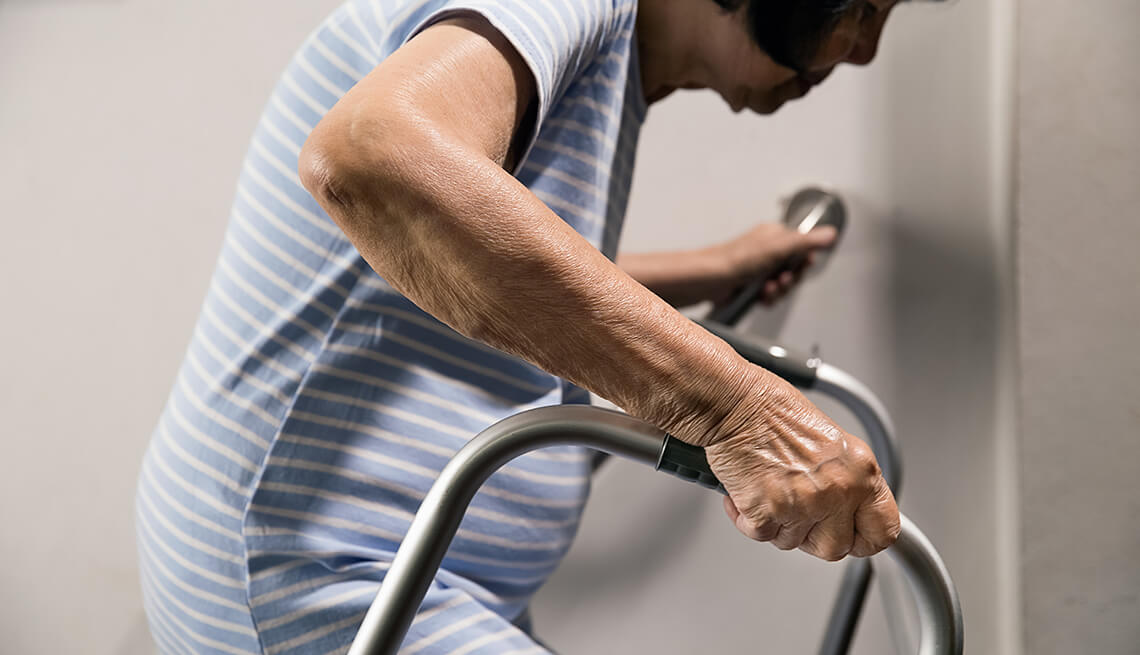What is an assistive Device?
Assistive devices make life that much easier as the body begins to decline. If you were to review the contents of the average octogenarian’s home, you would undoubtedly find several assistive devices. Some assistive devices are important to the point that they are arguably necessary to maintain a decent quality of life and empower the senior to remain in the house as opposed to a nursing home, assisted care facility or other group living space.
Some assistive devices are designed to help seniors move from one part of the home to another. Other assistive devices improve home safety, ultimately delaying the senior’s transition to an assisted living community or nursing home.
When assistive devices are broached in conversation, most people picture wheelchairs, walkers, scooters and other popular aids commonly featured in commercials and other forms of media. Though these common assistive devices certainly serve important purposes, they do not represent the entirety of the assistive device market. As an example, a less commonly referenced assistive device for elderly is the standing aid for elderly, designed for seniors who struggle to stand upright and remain upright. Devices to help elderly stand up have the potential to be life-savers as they prevent painful and deadly falls.
If you are unsure as to what types of assistive devices your parent or other aging relative needs, you have surfed the internet over to the right place. Our home healthcare services providers have experience pairing senior patients with the optimal assistive devices for elderly. Let’s take a look at the purpose of these devices along with a few examples that will give readers an idea of how advances in durable medical equipment technology have greatly improved senior citizens’ quality of life as well as their longevity.
Benefits of assistive Devices
Assistive devices for the elderly provide an array of benefits that arguably make them legitimate must-haves. Choose the right assistive devices for seniors and you’ll find they make it that much easier to complete activities of daily living or ADLs for short. Even something as simple as a shoehorn has the potential to prevent a lower back strain.
Most medical assistive devices for elderly are more complex than shoehorns, providing highly distinct benefits. Additional examples of in-home assistive equipment to help elderly daily activities of life include elderly buttons, canes and turnover device for elderly. The challenge lies in identifying the right assistive devices and implementing them in the home in a reasonable amount of time. The clock is ticking.
Act promptly after becoming aware of the need for assistive equipment in your loved one’s home, strategically select the best assistive devices for the unique needs of the senior you care about. Above all, understand that you are not in this alone. Ask for guidance from our in-home health services providers and we’ll improve your senior’s quality of life to the best of our ability.
List of assistive devices for Elderly
The number of assistive devices for elderly has greatly expanded in recent years. Examples of such assistive devices include medical alert devices, bed handles, activator poles, hearing aids and more. In particular, mobility aids are especially popular as seniors often struggle with knee, hip and leg pain.
Walking assistant for Elderly
Senior mobility aids include walking assistants. Add a walking assistant for elderly to the home of the senior you care for and you’ll find life is easier for both of you. Seniors use walking assistants ranging from wheelchairs to wheeled walkers, canes, power scooters and rollators.
Lift devices for Elderly
Lifts added to the home transition seniors from one floor to the next. Though the installation of an in-home lift requires some time and interference with daily living, the interruption is temporary and worth the inconvenience. Seniors who struggle to get out of bed, those who have suffered back injuries and those who have fallen find lifts are especially helpful as they make home mobility that much safer.
Medical devices for Elderly
Senior citizens battling mobility challenges, dementia and other ailments often find medical devices make life more enjoyable. As an example, powered wheelchairs are diminutive to the point that they can be used without the assistance of a son or daughter. Walkers, canes, mobility scooters and lifts installed in the home for easier and quicker transportation are additional examples of medical devices for senior citizens.
Reminder device for Elderly
Some seniors benefit from reminder devices. Even something as simple as getting up to walk to the front door to pick up the newspaper can prove challenging for a senior unless he or she has an assistive device. Encourage the senior you care about to use a reminder device to record personal reminders for certain tasks, chores and activities and your loved one will enjoy a significantly higher quality of life.

Urinary incontinence devices for the Elderly
Medical technology has advanced to the point where devices are being created to better manage urinary incontinence. As an example, countless seniors testify to the merits of using a catheter to drain urine out of the bladder along with a urethral insert to stop leakage. The use of a vaginal pessary ring that creates pressure to reduce leakage is also helpful for seniors struggling with urinary incontinence.
Urinary incontinence devices for elderly are advanced to the point that they are designed with biofeedback use sensors that heighten awareness of signals emanating form the body, setting the stage for reestablishing control of the muscles within the urethra and bladder. Electrical nerve stimulation transmits electric currents to the bladder’s nerves to facilitate urination control and bladder reflexes.
How to choose an assistive device for Elderly
The assistive device for elderly individuals that is optimal for your parent or grandparent is unlikely to be ideal for your neighbor’s parent and so on. Review your loved one’s unique challenges and search for assistive devices accordingly. Online search engines facilitate the search process. When in doubt, obtain a referral to a medical tech specialist or pick the brain of your homecare services provider.


